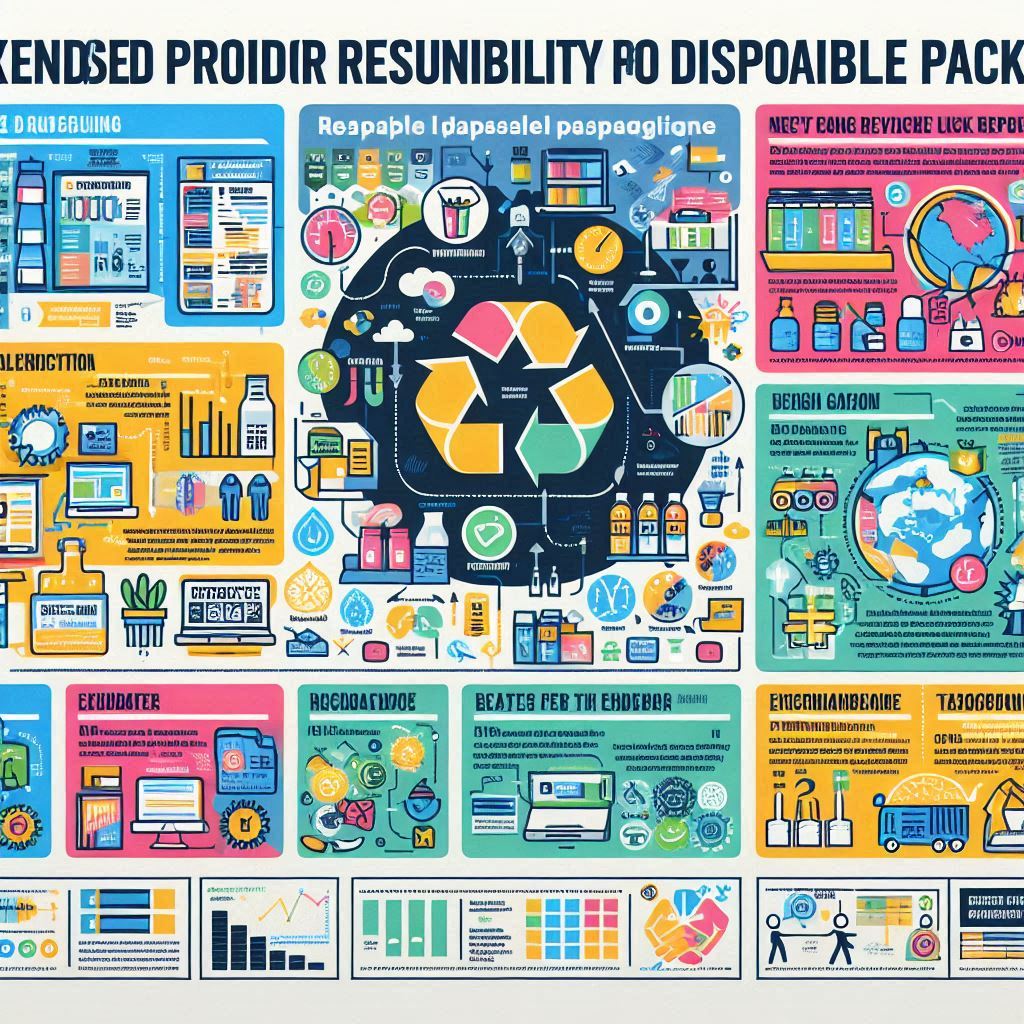Navigating the New UK EPR Regulations for Disposable Packaging
The UK has recently introduced Extended Producer Responsibility (EPR) regulations for disposable packaging, marking a significant shift in how businesses handle packaging waste. These regulations aim to promote sustainability, reduce environmental impact, and transition towards a circular economy. Here’s what you need to know:
What Are the EPR Regulations?
EPR regulations place the responsibility for managing packaging waste on businesses that produce or supply packaging. This means that companies are now accountable for the entire lifecycle of their packaging, from production to disposal. The goal is to encourage businesses to design packaging that is easier to recycle and to invest in sustainable practices.
Key Features of the New Regulations
- Polluter Pays Principle: Businesses that use and supply packaging are required to cover the costs of managing household packaging waste. This shifts the financial burden from taxpayers and local authorities to the producers.
- Data Reporting: Companies must collect and report packaging data annually. This data will determine the fees they need to pay based on the amount and type of packaging they supply.
- Recycling Obligations: Businesses must meet specific recycling targets for different materials, such as paper, glass, and plastic. They need to provide evidence of recycling through Packaging Recycling Notes (PRNs) and Packaging Export Recycling Notes (PERNs).
- Waste Disposal Fees: Starting October 2025, companies will also be required to pay waste disposal costs.
Impact on Businesses
The EPR regulations are expected to drive innovation in packaging design and encourage the use of eco-friendly materials. However, they also pose challenges for businesses, particularly small and medium enterprises, as they navigate the complexities of compliance and reporting.
Benefits for the Environment
By incentivizing sustainable practices, the EPR regulations aim to reduce landfill waste and greenhouse gas emissions. They are a crucial step towards achieving the UK’s Net Zero goals and fostering a greener future.
How to Prepare
- Understand Your Obligations: Determine if your business is affected by the regulations and familiarize yourself with the reporting requirements.
- Invest in Sustainable Packaging: Explore eco-friendly alternatives and design packaging that meets recycling standards.
- Collaborate with Compliance Schemes: Partner with organizations that can help you manage your obligations and ensure compliance.
The new EPR regulations represent a transformative approach to packaging waste management in the UK. By embracing these changes, businesses can contribute to a more sustainable future while aligning with evolving consumer expectations for environmental responsibility.
What are your thoughts on these regulations? Do you see them as an opportunity or a challenge for businesses?

